(опубликовано: 27 январь 2015, 02:56)
 Notable current and former players, as well as football fans across the globe, took to social media to support FC Rotor Volgograd, a Second Division Russian football team in danger of being disbanded due to debts of 60 million rubles (around $937,000, or £625,000).
Notable current and former players, as well as football fans across the globe, took to social media to support FC Rotor Volgograd, a Second Division Russian football team in danger of being disbanded due to debts of 60 million rubles (around $937,000, or £625,000). Founded in 1929 as "Traktorostroitel" (the tractor builders), the club joined the Soviet Top League in its inaugural season 7 years later. They saw a 4th place finish in 1939, one of their most successful seasons. In the post-Soviet league, Rotor were runners-up in 1993 and 1997, and finished 3rd in 1996. Rotor were finalists in the 1995 Russian Cup, and in the 1996 Intertoto Cup, the latter of which saw them win against the likes of Shakhtar Donetsk and FC Basel.
The club's financial woes trace back to the early 2000's. Rotor were relegated from the Premier League in 2004, and even lost their status as a professional club, but returned to the 3rd tier of Russian football in 2006. Rotor has been playing in the FNL, or First Division, for the past several years, but without so much as a stable season. That's not to say there weren't any positive moments for Rotor fans. Average home attendance for the 2012/13 season reached 9,425 for the first time in a decade. However, last season's figures fell to 5,456. The team's poor results and constant managerial merry-go-round, coupled with the club's financial difficulties, kept dragging them down. Rotor withdrew from the First Division at the end of the 2013/14 season after the regional government decided to cut off sponsorship. According to former head coach Fyodor Shcherbachenko, the new governor "doesn't want to deal with the debts that others accumulated before him." Now, the club is on the brink of extinction.
Although Volgograd's Regional Ministry of Sport has stated that the historic club will continue to exist, supporters hope it won't be an existence in the amateur leagues.
The #SaveRotor campaign is supported by many fans of other clubs, and has already taken over sites like Twitter and Instagram in multiple languages. Rotor is backed by everyone from Russian Premier League and youth team players to international sports journalists. Former Rotor player Roman Pavlyuchenko voiced his support as well, although many would prefer he go the route of helping the club financially, as other players have done in the past. Spartak Moscow's Yevgeni Makeev, for instance, has been financing Second Division side FC Sheksna, where he began his professional career. In 2013, Dmitri and Kirill Kombarov, also of Spartak, founded FC Domodedovo in their hometown. The club started out in the amateur league, but now plays in the Second Division.
Holding up signs is all well and good, but doesn't do anything to solve the problem. Sergey Galitskiy, owner and president of FC Krasnodar, tweeted that "holding up a paper in front of a camera isn't support; it's farce, and nothing more. If you want to help [the club], send money." Galitskiy has a point, especially when one considers the success of online fundraisers. Wealthy players should either start a fundraiser, or follow the example set by Makeev and the Kombarov brothers by chipping in themselves. The former should be no problem for many top club players, who, given the fact that they are media magnets, would be able to raise the money in no time. Spreading the word is important, but let's call on those who can really help keep professional football alive in Volgograd.
source of information
Похожие публикации:
 просмотров: 4 445
просмотров: 4 445 комментариев: 3
комментариев: 3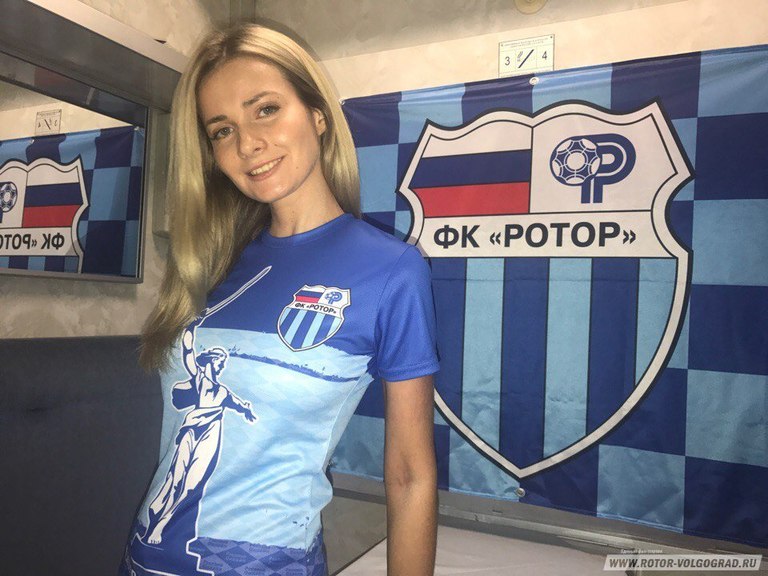




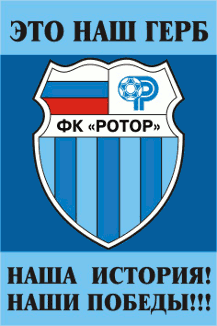





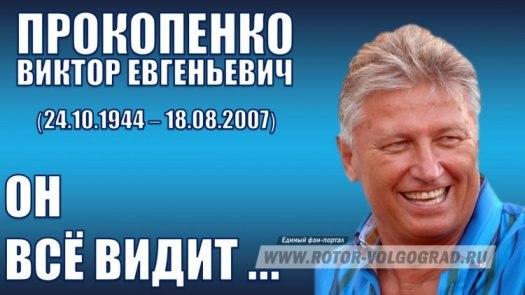

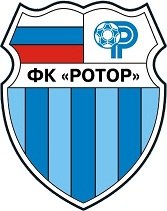
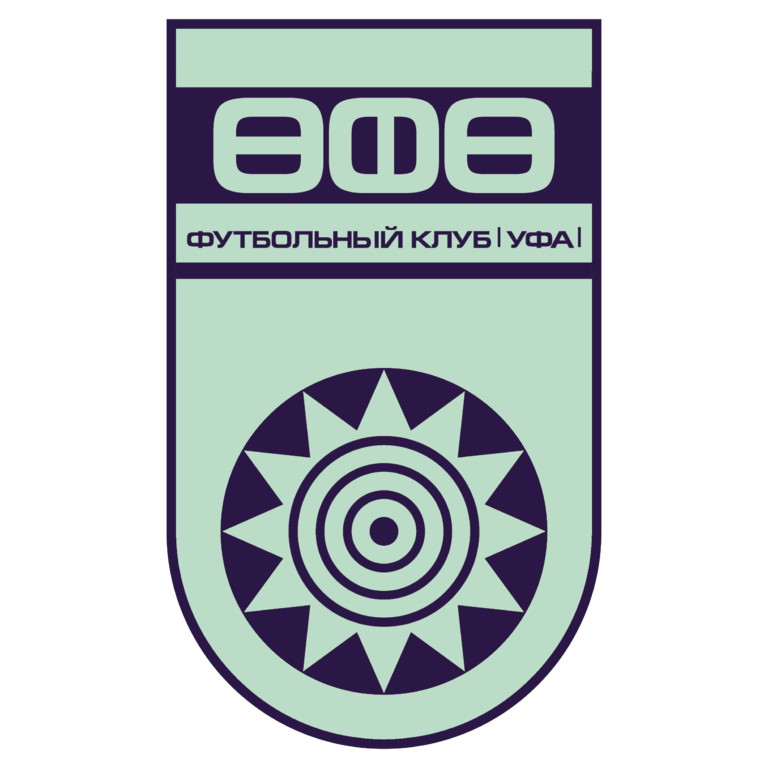





Последние комментарии